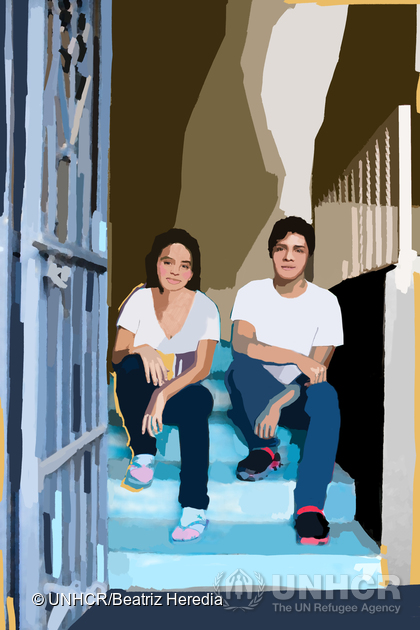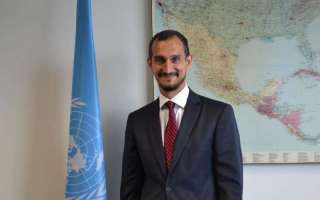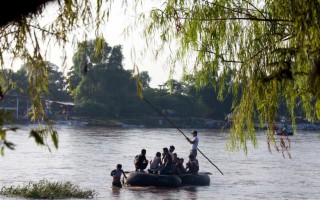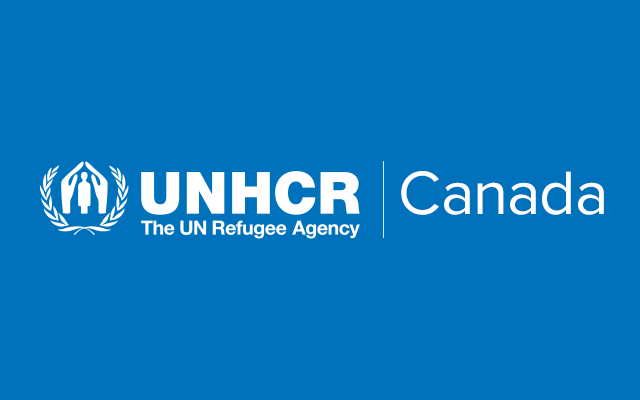
“At school, they threatened us to kill us.”
In the violent parts of Honduran towns and cities, being intimidated by street gangs is a fact of life for teenagers like Mariela*, 15, and her brother Cesar*, 17. ; Mariela, Cesar and their mother Anabel* fled their home in Honduras and sought refuge in Mexico after being harassed and threaten when they witnessed a crime committed by the MS 13, one of the most violent gangs operating in the Northern Triangle region of Central America. Thousands of families from Honduras, El Salvador and Guatemala are fleeing their homes in search of international protection in neighbouring countries.
*Names changed for protection reasons.
Intimidation by Honduras’ notorious mara gangs makes going to school so dangerous some parents keep their teenagers at home.
Intimidation by street gangs in the violent areas of Honduran towns and cities is a fact of life for teenagers like Mariela*, 15, and her brother, Cesar*, 17.
When a friend was murdered before their eyes, things got much worse.
Friends had come to their house and were smoking on the porch when two youths walked up to one of them and shot him dead. The killers, members of a notorious gang, strolled away without a word.
That was when the real danger began. “At school … outside, they threatened to kill us,” said Mariela.
Gang violence has made Honduras one of the most dangerous places in the world outside a war zone. The gangs, or maras, carve up towns and cities into fiefdoms. Teenagers, and even younger boys, are threatened until they join. The usual offer is 24 hours to choose between recruitment or death. Girls are pressured into becoming “girlfriends” to gang members, in effect, their sex slaves. Hundreds of students have been killed in the past few years.
The journey to and from school had become so dangerous that Anabel*, the mother of Mariela and Cesar, made them stay at home and keep out of sight.
“They threatened them many times. I had to run for my children’s sake.”
Eventually, she decided that they had no choice but to flee. “They [the gangs] threatened them many times. I had to run for my children’s sake,” Anabel said. Mariela agreed. “I was afraid,” she said, pointing at her brother. “Afraid of him being killed for no reason”.
Anabel and her two children made the long journey to Mexico, but when they reached the border they were placed in a detention centre. Eventually, they were granted asylum and now hope for permanent residency.
The siblings both say their goal is to finish school, but they have very different ambitions. Cesar has his heart set on being a dancer while Mariela aims to become a doctor.
“I’ve been thinking about it for a long time,” she says.
Once they are settled, Mariela and Cesar will be able to think about resuming their education for the first time since the threat from the maras forced them to drop out almost a year ago.
*Names have been changed for protection reasons.
See UNHCR’s 2017 report on refugee education, Left Behind: Refugee Education in Crisis.





